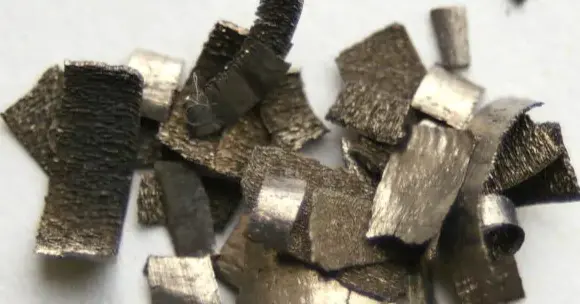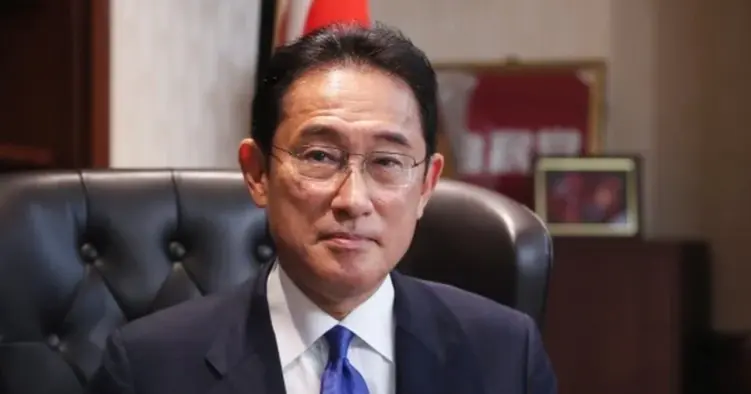Medical training in Samoa - Part 5
The article by Ms Enid Westerlund Samuelu on the 26th October 2023 and 29th October 2023 in the Samoa Observer, discussed the Samoan Government Overseas Treatment Scheme.
Enid spoke to Professor Papalii Benjamin who is one of the Professors of the OUM in Samoa, in getting access to specialist care for our local people in Samoa. One of the ways to boost training to Fellow levels in Samoa is for New Zealand and Australian Fellows to migrate over to do training in Samoa, just like the MMed Orthopaedic Training Program which is funded by donors and operated by passionate and loving Fellows from Australia and New Zealand who come to Samoa and other Pacific Islands to teach and train our doctors.
The MMed Degree is awarded under the National University of Samoa School of Medicine. This Orthopaedic Training Program under NUS SOM is run by Fellows of the College of Orthopaedics in Australia and New Zealand, and they train doctors from Samoa, Fiji, Solomons, American Samoa, and other Pacific Islands, in the Pacific countries with clinical attachments working in New Zealand and Australia. This Orthopaedic Training Program is an excellent demonstration program for the Pacific. One of my medical school classmates Dr Tim Gregg, a specialist in Orthopaedics with a FRACS from New Zealand, works in the Wellington Hospital and he loves coming to teach our Pacific doctors.
Enid also mentioned the great service that she got in New Zealand. Yes – we can deliver this sort of service in Samoa, and deliver the same level of care and personality with it. Enid also mentioned a fake doctor from India treating patients in Middlemore Hospital, and a fake Kiwi doctor treating people in the UK and was paid $2 million.
I quote from her article “What a scary thought, that someone with no medical training is operating or writing your prescription!”. The due diligence checking was not done. Has this happened in Samoa? Yes – it happened recently with a fake pathologist working for the NUS School of Medicine in 2019, and a doctor working in the Ministry of Health as a neurologist when he entered the country as a volunteer acupuncturist. Fortunately, the Samoa Medical Council dealt with these 2 recent cases.
This same problem occurs with the mislabeling of medical titles for doctors and health practitioners. Imagine if one of the taulasea (fomai samoa) called themselves a “medical doctor”, when they have not done any medical training from a certified medical school like SOM or OUM or FSM. Medical titles are just as good as the training one receives from a reputable standard or reputable organization.
What qualifications does one need to have to be called a doctor? Can the samoan fofo or the taulasea or acupuncturist be called a medical doctor? The answer to this is fairly straight forward as explained in the above article.
Without the MBBS degree or the MD degree, these health colleagues cannot be called medical doctors. What is the qualification to call one a doctor or a General Practitioner? What is the qualification to call one a Medical Specialist or a Cardiologist? Is it the years of service as a doctor or the quality of the extra medical specialist training and post-graduate qualifications?
Hence, the importance of a supervised training program carried out by a reputable organization is required for the various definitions of titles to be used, so that the public can understand and feel safe that the doctor they are seeing, is capable of doing what they say they can do, as they have done the necessary training and had been certified by a higher authority like the RACP or US Boards.
The fake pathologist mentioned above could have cost many lives because he did not know what he was doing. He was able to create many fake qualifications but could not define the stages of cancers on a pathology slide, which was picked up by our local pathologist. This was how he was found out, otherwise he would have continued to work in Samoa.
The health authorities in Samoa and NUS are now carefully screening overseas academics and doctors who come over to work and to assist our health care system, and awarding the appropriate medical titles to those with the approved qualifications and the approved post-graduate qualifications.
By using the correct medical label and medical title, the public is then informed of the skill set and the depth of the knowledge of the medical doctor and also speaks to the safety of the patient to be managed by the medical practitioner.
Imagine if I call myself a “general surgeon specialist”, as I have done surgery in my primary medical degree, but, do not have the post-graduate qualifications to back this up. Should I operate on the gallbladder disease? Should I remove the cancer from the mid-bowel and then reconnect the bowel? Should I operate on a bleeding peptic ulcer from the stomach? I cannot do all these wonderful operations, though I had assisted with all of these as an Intern and House Surgeon, but, it does not make me a “general surgeon specialist”, as I have not done the post-graduate training and certifications and show the necessary qualifications that I have done the correct trainings and certifications.
I am a Cardiologist, who has done the training in heart disease, backed up by the various certified qualifications, and anyone having a heart problem can come and see the heart specialist. If you come to me for your gallbladder problem, I will be very happy to refer you to the correct doctor, the real general surgeon specialist.
I have outlined the New Zealand, Australian, and UK standards, that without a Fellow, one cannot be called a specialist in a field of medicine. Should we do the same in Samoa, to emulate standards in NZ, Australia, the UK and the USA, rather than Fiji?
The answer to this question will determine the current mindset of those who make policies and standards of medical care in Samoa. It will certainly help with sorting out doctors’ salaries and compensations for now and going into the future. The answer to this question will dictate the aim and the level of the standard medical training in our medical schools.
Most of all, it will tell the next generation of doctors what standard is good enough for Samoa's medical health care. Many of the Fijian medical doctors are aiming for New Zealand and Australian standards, why should we aim for Fijian standards? The Fellow should be our standard qualification to be a Specialist or Consultant Specialist or Cardiologist.
Professor Asiata Dr. Satupaitea Viali is the Professor of Medicine of the National University School of Medicine and the Professor of Medicine and Interim Clinical Dean for the Oceania University of Medicine (OUM)










